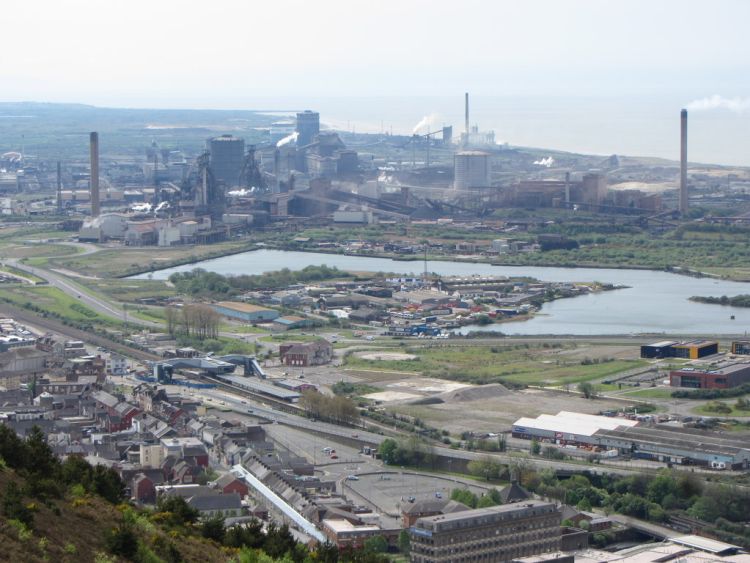Port Talbot blast furnaces closure highlights need for government support and industry collaboration, AHC lecturer says

Tata Steel closure of Port Talbot blast furnaces ‘commendable’ but highlights need for government support and industry collaboration, AHC lecturer says
The decision by Tata Steel to close its blast furnaces at Port Talbot is a ‘commendable step’ towards decarbonisation but highlights the need for government support and active collaboration within the industry to ensure such transitions are just for the environment and for workers, an AHC lecturer has argued this week.
Dr Clare Richardson-Barlow, Lecturer in East Asian Studies in the School of Languages, Cultures, & Societies, was asked by the Economy, Trade and Rural Affairs Committee of the Welsh Parliament to give testimony on the Tata Steel decarbonisation efforts in Port Talbot, Wales.
Tata Steel's decision to close blast furnaces at its Port Talbot site in the UK is a significant development in the UK steel industry's move towards decarbonisation, but it has also highlighted the tension between environmental sustainability and job preservation.
At the evidence session on Thursday 29 February, Dr Richardson-Barlow explored this tension, covering the complexities of decarbonisation, the concepts of energy justice and just transitions, the specific challenges of Tata Steel’s transition, the importance of stakeholder collaboration, criticism of the move relating to job losses, alternative strategies, concerns about carbon leakage, and European decarbonisation models.
Dr Richardson-Barlow emphasised the need for a ‘just transition that protects workers and communities’ and argued this can be achieved through ‘collaborative planning, social interventions, and retraining programs, as evidenced by successful models in Europe.’
Tata Steel's initiative to transition to green steel is a commendable step towards decarbonisation but it is important to recognise the complexities involved in balancing environmental goals with the social and economic impacts on workers and communities. Navigating the challenges of industry decarbonisation requires government support and active collaboration within the industry. Only then can we enact significant and just industry transformations.
Dr Richardson-Barlow’s expertise lies in industrial decarbonisation and just energy transitions. She previously worked for the Centre for Research into Energy Demand Solutions (CREDS) in the School of Chemical and Process Engineering where she researched steel industry decarbonisation. Prior to entering academia, for many years Dr Richardson-Barlow worked at internationally focused policy research organisations in Washington, D.C. She has contributed to multiple publications and engages with government and media on global energy transitions.
Top image photo credit: copyright Gareth James and licensed for reuse under this Creative Commons Licence




